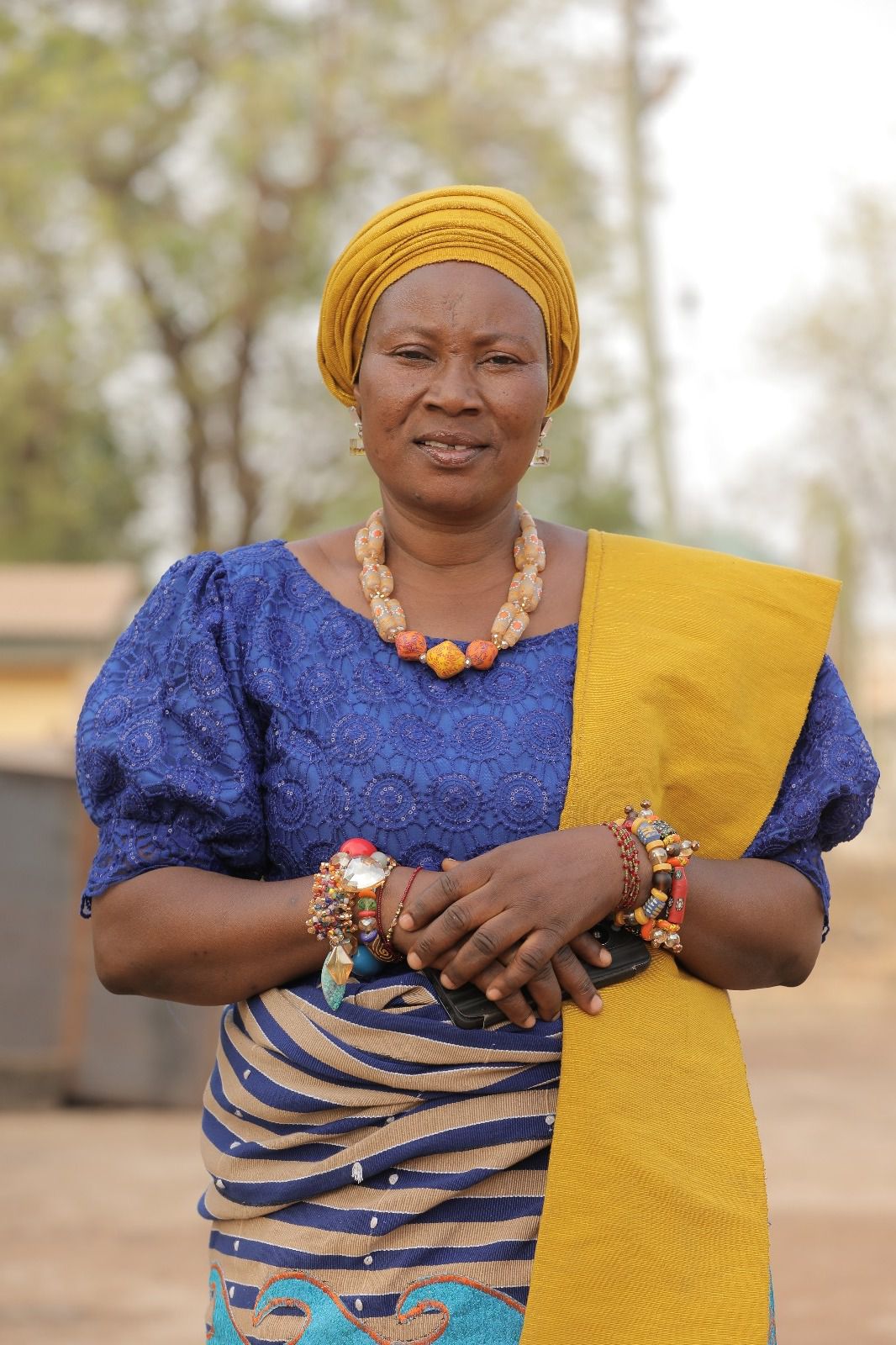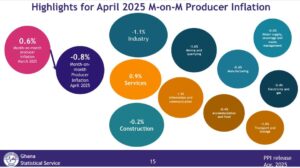
Innovation support policies in Ghana risk widening inequality if they remain inadequately targeted and unsupported by evidence, Co-lead of the Distributional Impact of Innovation and SME Support in Ghana (DIISS-G) project, Dr Gordon Akon-Yamga has warned.
He urged policymakers to move beyond good intentions and design interventions that are inclusive and data-driven, adding that “The real value of innovation support lies not just in its presence but in who benefits from it and how equitably it is distributed,” he said.
Dr Akon-Yamga made the remarks during the DIISS-G Policy Dialogue held in Accra on Tuesday on the theme: “Enhancing Equitable Impact of Policy Initiatives: Evidence-Based Innovation Support for MSMEs in Ghana’s Enterprise Transformation Agenda.”
The dialogue formed part of the DIISS-G project by the Council for Scientific and Industrial Research – Science and Technology Policy Research Institute (CSIR-STEPRI), with support from Canada’s International Development Research Centre (IDRC).
The Presidential Business Support Programme (PBSP) and the Presidential Empowerment for Women with Disabilities (PEWD), both under the National Entrepreneurship and Innovation Programme (NEIP)—a government initiative supporting start-ups and small businesses to drive economic growth, job creation, and innovation—were reviewed to assess how inclusively their benefits reach diverse social groups.
According to Dr Akon-Yamga, the project aimed to strengthen national capacity for evaluation and promote equity and inclusion. Over 60 stakeholders from 13 organisations were trained in evaluation techniques, data analysis, and open-access data practices.
He stressed the need to intentionally design support systems that reach underserved communities, adding “We must reflect on how policies like NEIP impact different social groups and redesign them for greater inclusivity.”
Senior Research Scientist at CSIR-STEPRI, Dr Justina Onomah, called for a more targeted redesign of entrepreneurship programmes to address disparities affecting rural and less-educated entrepreneurs.
Referencing an evaluation of the PBSP, she said the programme improved profits and revenue for MSMEs, but did not significantly boost employment or innovation.
She added that over 70 per cent of PBSP beneficiaries had tertiary education, due to an online application process that excluded many rural entrepreneurs with limited digital skills, adding “There was no deliberate exclusion, but the process favoured the more educated.”
Dr Onomah also pointed out the lack of post-support monitoring. “Support is delivered, but there’s little mentoring to ensure long-term success,” she said.
She welcomed the decentralisation plans under the Edwumara programme, which will establish regional hubs and help desks to make support more accessible. However, she stressed that training must be tailored to different business growth levels rather than using a one-size-fits-all model.
The Chief Executive Officer of the Ghana Chamber of Young Entrepreneurs (GCYE), Mr Sherif Ghali, urged policymakers to reduce bureaucratic hurdles in business registration and taxation, saying the current system discourages formalisation.
According to him, many young entrepreneurs avoid institutions like the Ghana Revenue Authority (GRA) for fear of becoming targets of scrutiny once they attempt to regularise their operations.
He explained that beyond funding, many young entrepreneurs needed connections, mentorship, and access to growth opportunities.
“Some don’t necessarily need capital. They need networks and visibility,” he said.
He added that a more flexible and supportive environment would encourage more youth to formalise their businesses and benefit from both public and private support initiatives.
BY STEPHANIE BIRIKORANG
The post Policy formulation must be data-driven – Dr Akon-Yamga appeared first on Ghanaian Times.
Read Full Story

















Facebook
Twitter
Pinterest
Instagram
Google+
YouTube
LinkedIn
RSS